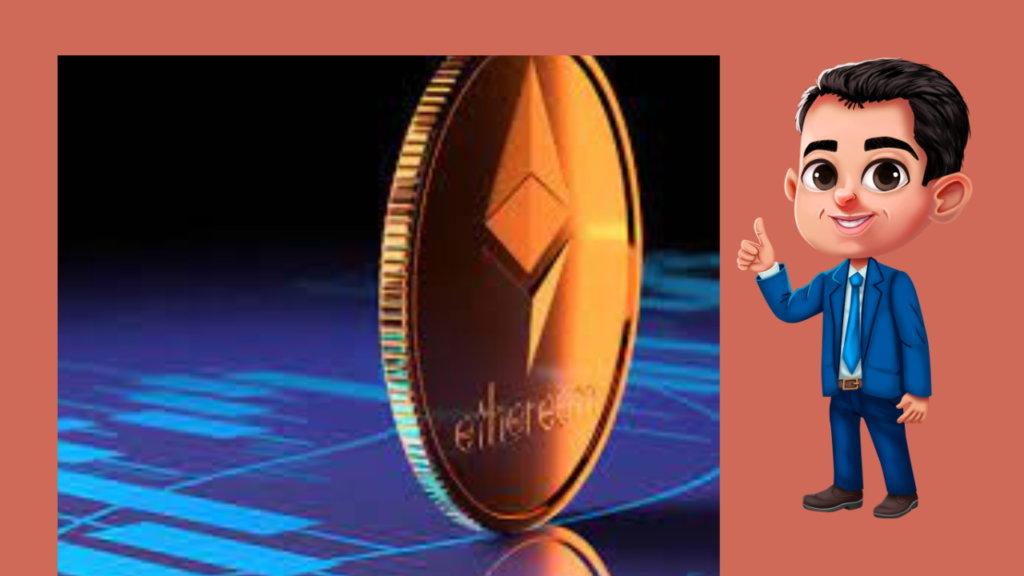Cryptocurrency for Beginners: Navigating the World of Digital Assets
Welcome to the exciting world of cryptocurrency, where digital assets and decentralized technologies are reshaping the financial landscape. In this comprehensive guide, we, at aim to provide beginners with a solid understanding of the fundamentals of cryptocurrency, empowering you to navigate this revolutionary space with confidence.

Understanding Cryptocurrency
What is Cryptocurrency?
Cryptocurrency is a type of computerized or virtual cash that involves cryptography for security. Not at all like customary monetary forms gave by state run administrations, digital currencies work on decentralized networks in light of blockchain innovation.The most famous among them is Bitcoin, created in 2009 as the pioneer in this new era of digital finance.
How Does Cryptocurrency Work?
Cryptocurrencies leverage blockchain, a distributed ledger technology that records all transactions across a network of computers. This decentralized nature ensures transparency and security. When a user initiates a transaction, it is verified by a network of nodes, and once confirmed, the information is added to the blockchain.
Getting Started in Cryptocurrency
Creating a Cryptocurrency Wallet
To engage in cryptocurrency transactions, you’ll need a cryptocurrency wallet. Wallets come in various forms, including online, hardware, and software wallets. Each has its own set of advantages and security considerations. Choose the one that aligns with your preferences and needs.
Buying Your First Cryptocurrency
Now that you have a wallet, it’s time to acquire your first cryptocurrency. Platforms like Coinbase and Binance make this process user-friendly. Simply link your bank account or credit card, choose your preferred cryptocurrency, and make your purchase.
Popular Cryptocurrencies

Bitcoin (BTC)
As mentioned earlier, Bitcoin is the pioneer and most well-known cryptocurrency. It functions as both a digital currency and a store of value, with a capped supply of 21 million coins, making it a deflationary asset.

Ethereum (ETH)
Beyond currency, Ethereum introduces smart contracts, self-executing contracts with the terms of the agreement directly written into code. This innovation has given rise to decentralized applications (DApps) and the concept of decentralized finance (DeFi).

Ripple (XRP)
Ripple stands out with its focus on facilitating fast, low-cost international money transfers. It aims to bridge the gap between traditional banking systems and the efficiency of blockchain technology.
Risks and Security
Volatility and Market Risks
Cryptocurrency markets are known for their volatility. Prices can fluctuate significantly in short periods, presenting both opportunities and risks. It’s crucial to approach cryptocurrency investment with a clear risk management strategy.
Security Best Practices
As you embark on your cryptocurrency journey, prioritize security. Enable two-factor authentication on your wallets and exchange accounts, use hardware wallets for long-term storage, and stay vigilant against phishing attempts and scams.
The Future of Cryptocurrency
Ongoing Developments
The cryptocurrency space is dynamic, with ongoing developments shaping its future. Keep an eye on technological advancements, regulatory changes, and emerging trends, such as the rise of non-fungible tokens (NFTs) and decentralized autonomous organizations (DAOs).
Conclusion
Congratulations on taking your first steps into the fascinating world of cryptocurrency. This guide has provided you with a foundational understanding of key concepts and practical steps to begin your journey. Remember to stay informed, exercise caution, and embrace the exciting opportunities that this evolving space offers.
